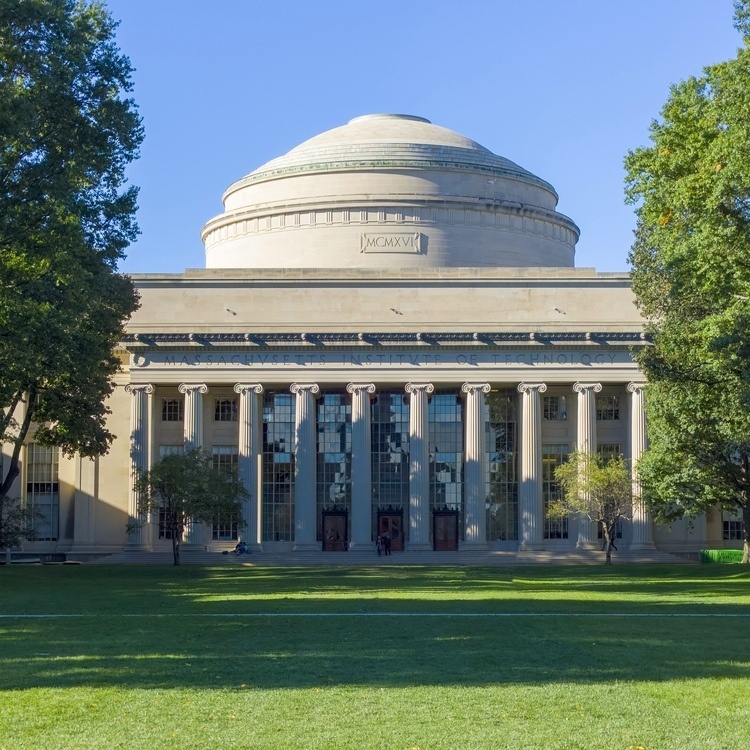
Minyoung Kim Thesis Defense: Mapping the Cellular Landscape of the Brain: A Scalable Approach to Comprehensive Microscopy Data Analysis
Description
In-Person Location: Singleton Auditorium 46-3002
Title: Mapping the Cellular Landscape of the Brain: A Scalable Approach to Comprehensive Microscopy Data Analysis
Abstract
Recent advances in intact tissue processing and imaging have enabled the generation of whole brain microscopy data at subcellular resolution, revealing intricate morphological details of cells at unprecedented scales. Given that cellular morphology is strongly linked to distinct functional states in glia, in-depth morphological analysis of the whole-brain volumetric data at high resolution offers immense potential for understanding their roles in brain development and disease. However, the lack of scalable computational techniques poses a substantial challenge in achieving comprehensive morphological characterization using such data.
To address the challenge, this thesis presents MorPheT (Morphology Phenotyping Tool), an end-to-end scalable pipeline for comprehensive fluorescence microscopy data analysis. MorPheT facilitates three-dimensional (3D) morphological profiling across the entire brain. Serving as an all-in-one solution, it offers end-to-end analysis pipelines spanning from image pre-processing to precise cell detection, atlas alignment, morphological phenotyping, and interactive visualizations. It combines both supervised and unsupervised approaches to maximize feature learning for unbiased morphological characterization. A novel deep neural network (ALNet) was designed to capture the long-range contextual dependencies inherent in 3D training data during supervised learning. Unsupervised learning leverages complementary features from supervised learning, demonstrating the powerful synergy of this ensemble method.
We applied MorPheT to profile brain-resident macrophages (BRMs) and created the first fetal mouse brain atlases at multiple developmental stages. Our analysis revealed distinct regional growth patterns of BRMs throughout development. Additionally, we demonstrated its utility for characterizing microglia distribution patterns and morphological properties brain-wide in both control and neurodegeneration mouse brains. Finally, we emphasized MorPheT’s adaptability to different microscopy data types by conducting parallel analyses on human control tissues. With MorPheT’s scalability and versatility, we anticipate its significant impact on neuroscientific research across diverse domains.

